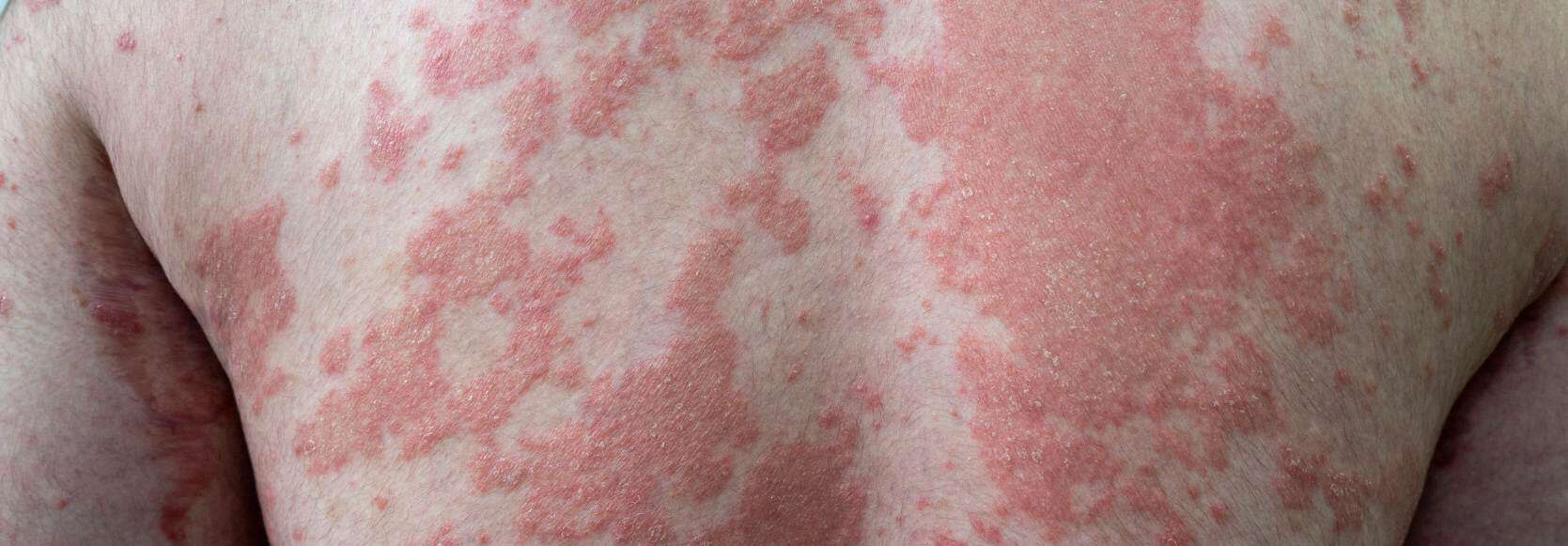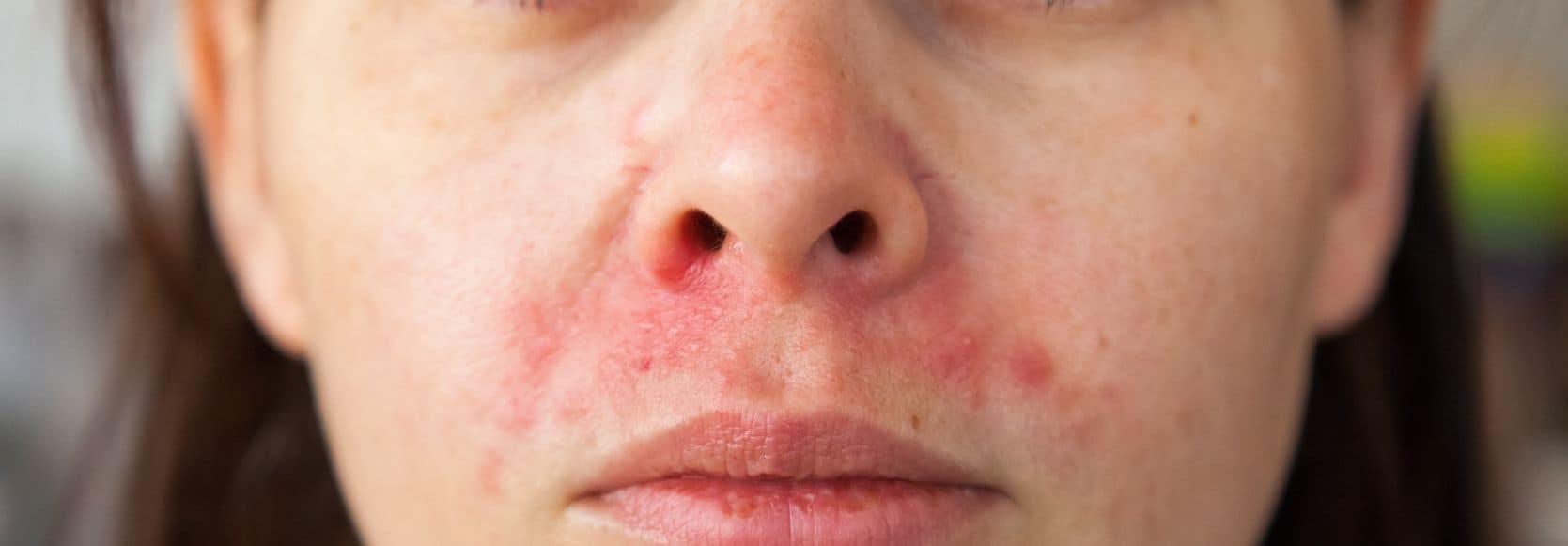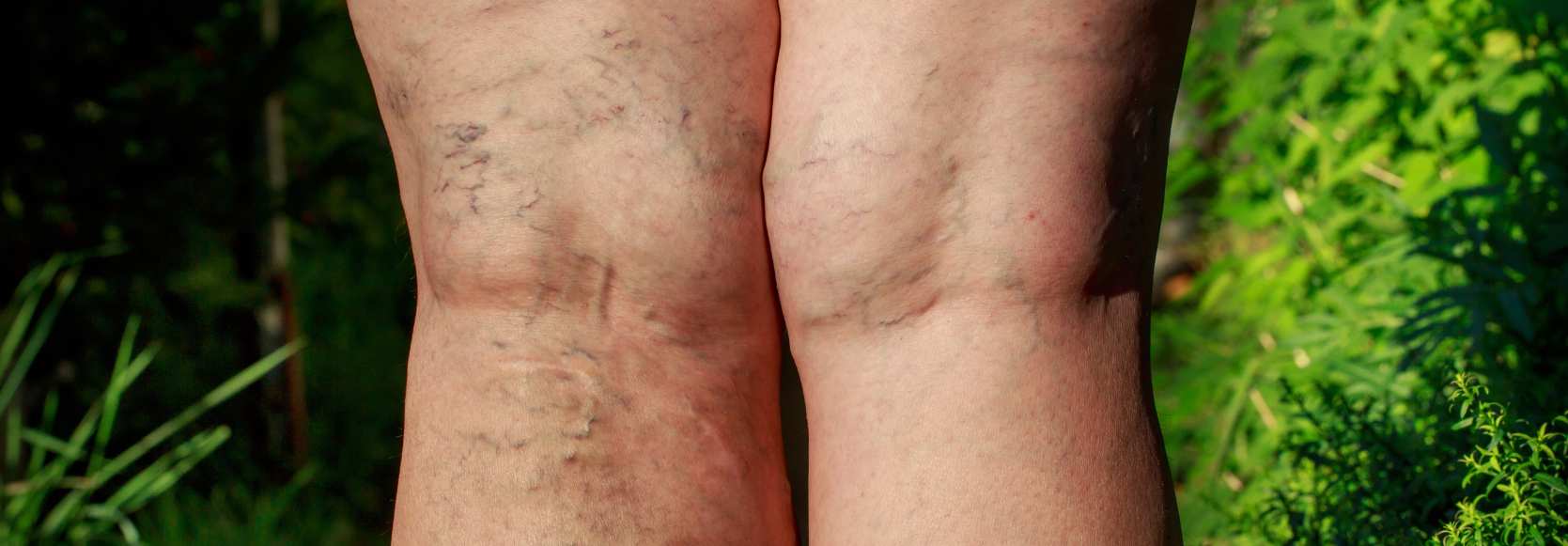Decoding Psoriasis
Psoriasis, an autoimmune disease, speeds up skin cell life cycles, resulting in patches of thick, red, scaly skin that can show up on any part of the body. Recognising psoriasis goes beyond identifying these visible signs. The disease arises from a combination of genetic and external factors, which can be exacerbated by stress, infections and certain medicines.
The question, “What is psoriasis?” has a multifaceted answer. Psoriasis is more than just a skin disorder; it’s a systemic disease that can affect a variety of body parts, including the joints in some cases. Symptoms range from mild to severe and can substantially influence an individual’s overall health.
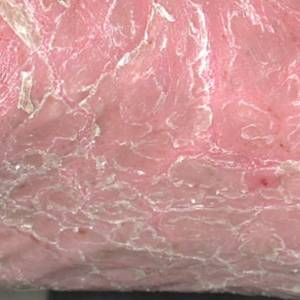
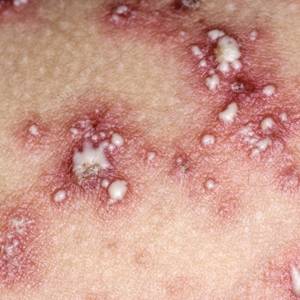
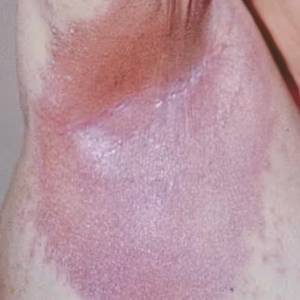
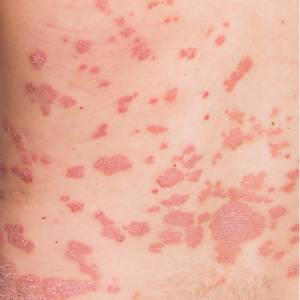
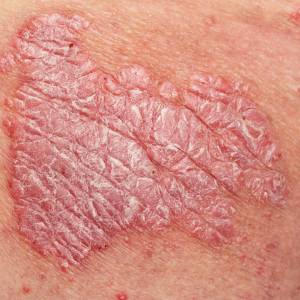
A Look at Different Psoriasis Types
Plaque Psoriasis
Guttate Psoriasis
Scalp Psoriasis
Nail Psoriasis
Facial Psoriasis
Mild Psoriasis
The Effect of Psoriasis on Different Body Parts
Facial Psoriasis
Scalp Psoriasis
Nail Psoriasis
Genital Psoriasis
Life with Psoriasis: The Challenges
An Overview of Psoriasis Treatment Options
Topical Treatments
Topical treatments, such as creams and ointments applied directly to the skin, are usually the initial course of treatment. These include corticosteroids, vitamin D analogues and topical retinoids.
Phototherapy
Phototherapy, which involves medically supervised skin exposure to ultraviolet light, can control the rapid growth rate of skin cells.
Systemic Medications
Emerging Treatments
Strategy and Lifestyle Adjustments for Coping
Stress Management
Nutrition and Diet
Skincare Routine
Why Early Detection and Management Matter
Psoriasis Treatment in Shrewsbury
Psoriasis Awareness Month extends beyond just providing information about a chronic skin disease; it’s a platform to stand with those affected and support ongoing research. Comprehending psoriasis, identifying its symptoms and exploring treatment options enable us to make educated health decisions. If you or someone you know is fighting psoriasis, seek medical help and explore treatment possibilities. Make an appointment at St. Michael’s Clinic for personalised care and expert advice.

